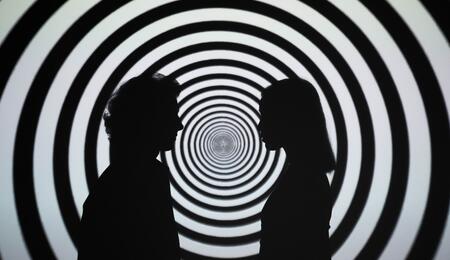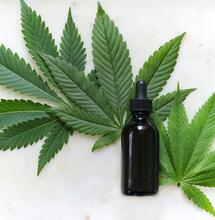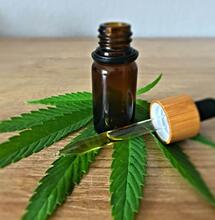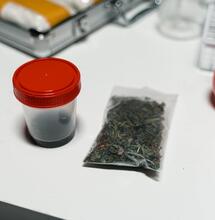What Can Psychologists Learn from MDMA?

Before they were banned in 1973, psychedelics were extensively studied for depression treatment, substance use, and their impact on human behavior. Today there's a renewed interest in this class of drugs, with psychologists often wondering whether their use can complement traditional therapy. For example, can drugs like MDMA teach us anything about human connection?
There is so much that we don't know about substances like MDMA, also known as ecstasy. MDMA stands short for 3,4-Methylenedioxymethamphetamine. It's a lab-developed drug, and its effects do not include visual or auditory hallucinations. In other words, you won't think you are in Antarctica if it's snowing outside, nor will you hear aliens parking their spaceship in your garden. Leave that to LSD.
MDMD can be found in tablet and crystal forms. It's a potent empathogen; its desired effects include distinctive emotional sensations with a boost in energy, empathy, and pleasure.
In clinical research, MDMA, otherwise a Schedule I substance, is explored precisely because of its empathy-inducing effects. Clinicians work with patients to resolve complex psychological challenges that arise as MDMA pushes the patient into a more open and trusting state of mind.
Sonja Lyubomirsky is a professor of psychology at the University of California, Riverside, and she is best known for her extensive study on human happiness. Recently she has shifted some of her focus to studying MDMA in a bid to find out if the drug can tell us anything we don't know about human connection, an important aspect of harvesting happiness in life.
Lyubomirsky says that both clinical research and anecdotal evidence on MDMA use suggest that there are huge, enduring improvements in the feeling of connection after just one MDMA session. Psychologists want to know why that is.
"We may be able to understand what helps people build social connection in the moment," Lyubomirsky says in an interview for The Greater Good Science Center, part of the University of California, Berkeley.
"Maybe we discover that experiencing eye contact or more self-compassion are what MDMA facilitates well, and then we can focus on those features in developing non-MDMA interventions," says Lyubomirsky.
"We know self-disclosure is so important for feelings of connection; possibly that is something we can learn more about from MDMA research," she says. "What I am proposing is to study social connection experienced by two people who have consumed MDMA and are engaged in a social interaction. This approach aims to build a bridge between the basic experimental science of what might be happening in the brain or body and the applied clinical science of how to create interventions that support the process of social connection," she adds.
Not all psychedelics are appropriate for such a specific kind of research however. For example, psilocybin, or magic mushrooms, also a Schedule I substance, generates an entirely different effect from MDMA. It's a much more self-centered experience where the attention is inward.
But what about cannabis? There are a great many strains that soften the character and can help individuals enter a more trusting state of mind and become more willing to communicate. Smoking itself can be a very social experience where people forge deeper connections or share stuff that they would rather not to under different circumstances.
Of course, MDMA is an entirely different thing from cannabis. It can offer unique glances into the human psyche, and I believe so can cannabis in its own unique way. Cannabis too can provide psychologists with valuable insights into how humans connect and communicate.











